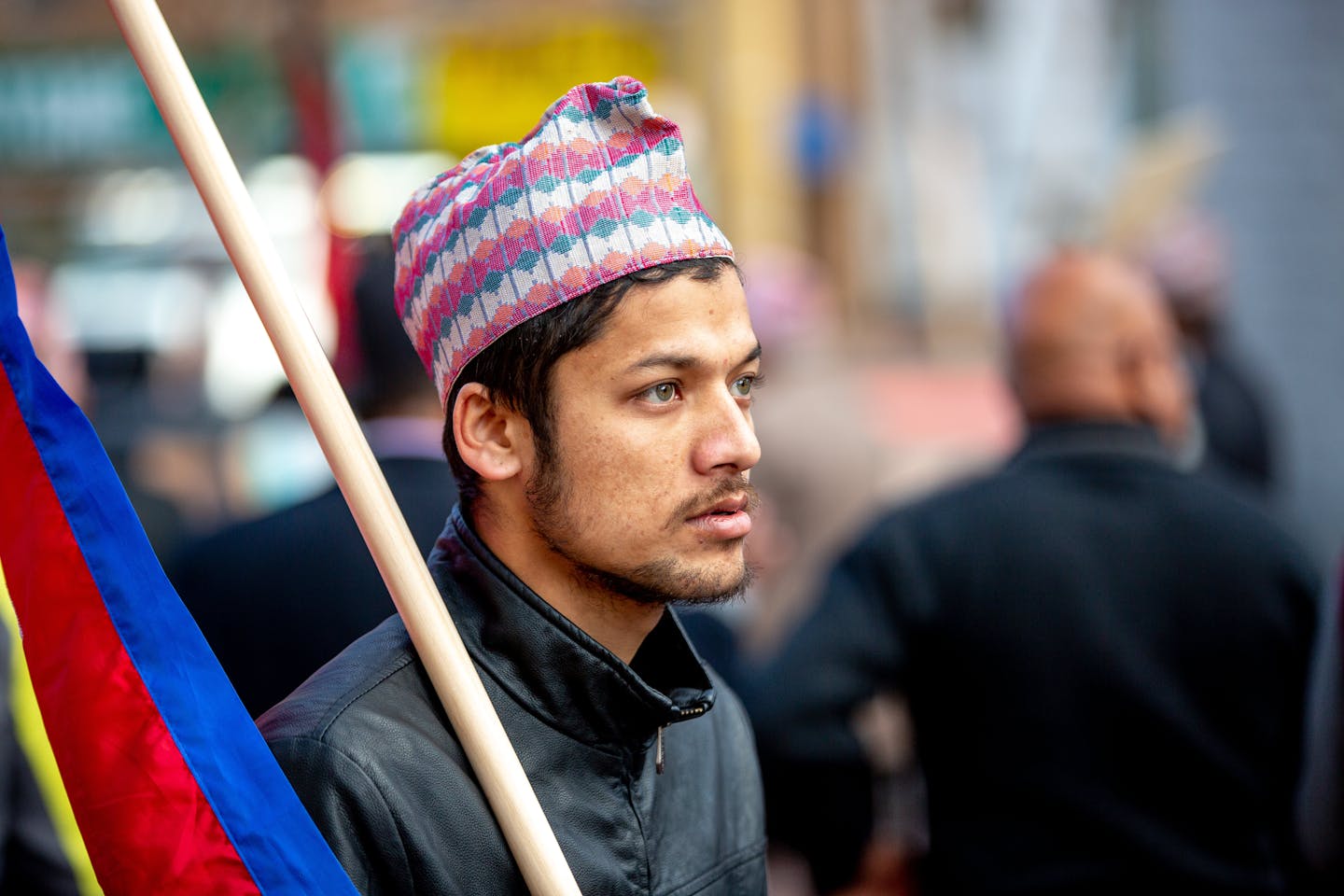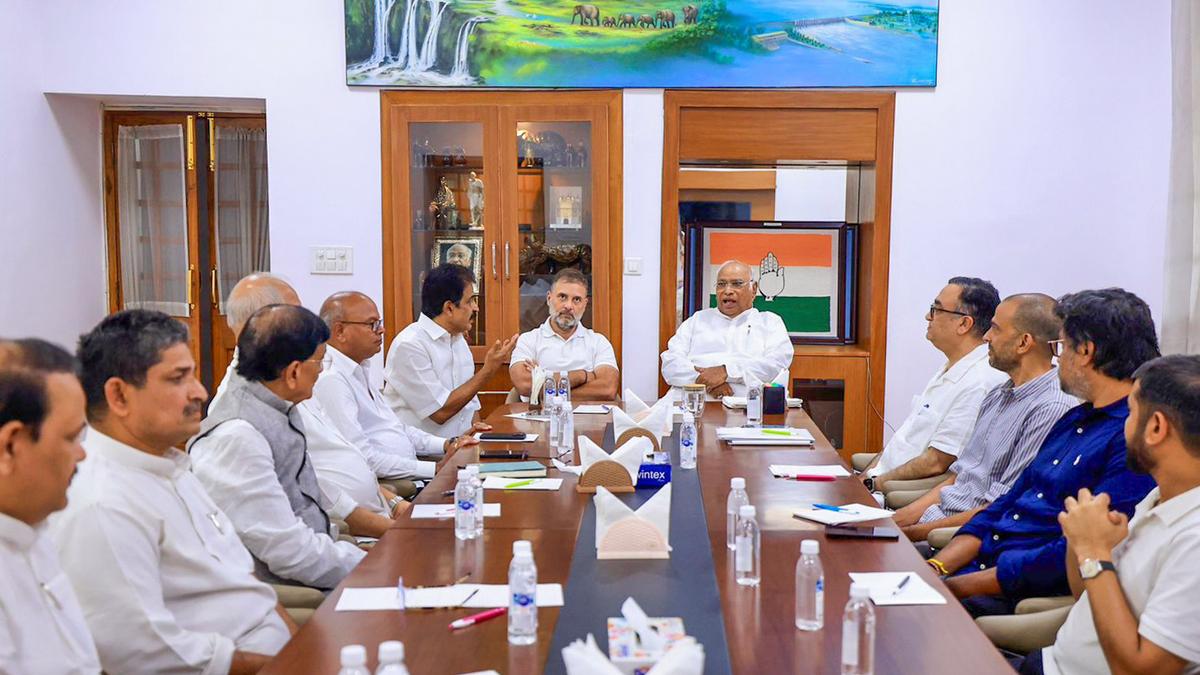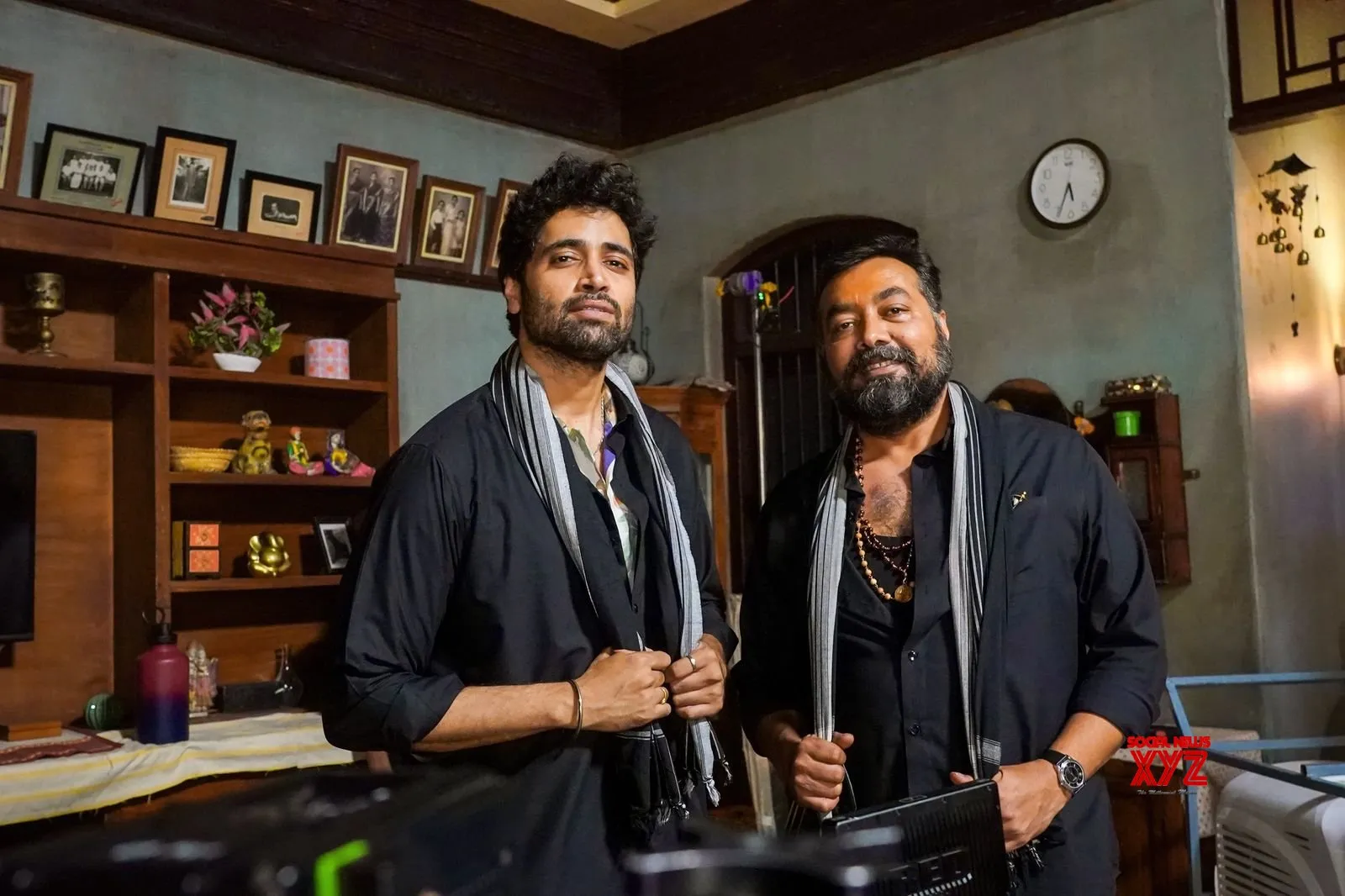By Gen Z
Copyright eco-business

Why were social media platforms banned?
Last week, Nepal blocked access to several social media platforms, including Facebook, X and YouTube, after they failed to register with authorities.
The government said social media users with fake IDs had been spreading hate speech and false news, as well as committing fraud and other crimes in a nation where 90% of its 30 million people use the internet.
It had given firms until last Wednesday to register and name a person responsible for self-regulation, or face shutdown.
On Thursday, the government told the regulator to deactivate unregistered social media, but gave no details of which platforms faced action.
A communications ministry official told Reuters that TikTok, Viber, WeTalk, Nimbuzz and Poppo Live had registered, but others, including Facebook, had not.
Why were young Nepalis protesting?
Demonstrators said the ban stifles free expression and violates their fundamental rights. Critics described it as a tool for censorship and to punish government critics.
Young Nepalis said they depend on popular platforms such as Instagram and Facebook – with about 14 million users in the country combined – for entertainment, news and business.
They said the ban would have hit businesses that rely on social media to reach customers and sell goods or services.
The protesters are also angry about corruption.
TikTok videos contrasting the tough struggle that is life for most in Nepal against the luxury and lavish holidays enjoyed by politicians’ children have gained widespread attention, as the app continues to run despite the ban.
One poster read: “We pay, you flex – enough!”
How have authorities reacted?
The government rolled back the social media ban imposed and all the apps were available in Nepal on Tuesday morning, Reuters was able to verify.
But there was no let up in the protests, forcing Oli to quit and plunging Nepal into fresh political uncertainty.
The unrest is the worst in decades in the poor Himalayan country wedged between India and China. Nepal has struggled with political instability and economic uncertainty since protests led to the abolition of its monarchy in 2008.
The government said it would pay relief for the families of the dead and provide free treatment for the injured.
Where else has seen unrest over social-media bans?
Nepal’s social media shutdown came as governments worldwide take steps to tighten oversight of social media and Big Tech due to growing concern about misinformation, data privacy, online harm and national security.
Digital media in neighbouring Pakistan has been muffled after telecom authorities slowed internet speeds, and social media platform X has been blocked for more than a year.
India banned TikTok and 58 other Chinese apps over compliance and privacy issues in 2021.
This story was published with permission from Thomson Reuters Foundation, the charitable arm of Thomson Reuters, that covers humanitarian news, climate change, resilience, women’s rights, trafficking and property rights. Visit https://www.context.news/.



